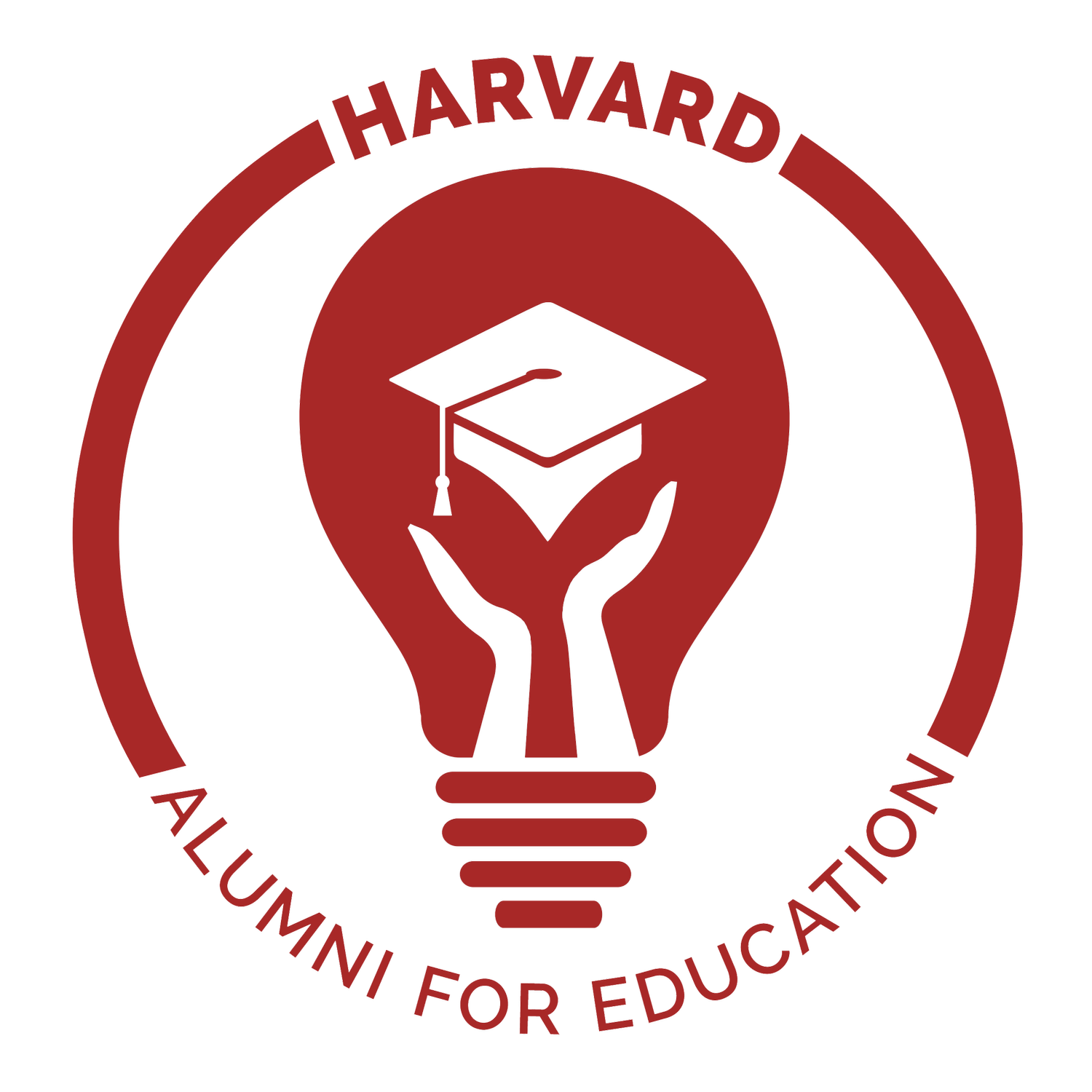A brief introduction to the microfinancing of affordable private education in the global South
by Dr. Nathaniel Dunigan, Co-President of #HAEdAfrica, @NDunigan
In nearly every emerging nation, governments offer a free education to their youngest citizens. And yet many of the world’s poorest people are now paying for a private education for their children instead. Indeed, across the global South, “low-cost” or “affordable” private schools have emerged in plenty over the past two decades.
In his book “The Beautiful Tree,” Professor James Tooley presents rich data about this phenomenon and about the many reasons for its emergence. Masses of people are prioritizing [what they perceive to be] higher-quality private education, sacrificing what little they have to ensure this important leg-up for their kids. Having lost all confidence in government schools, these accidental-change-agents now explore and exploit every available opportunity in their pursuit of private schooling.
Among these opportunities is microfinance: tiny loans extended to individuals, to groups, and to school proprietors—all driven in one way or another by a desire to increase access to (and the quality of) an increasingly valuable commodity: education. (See links to specific loan examples below.)
In every marketplace, whether in a remote village or on Wall Street, this intersection of value, quality, access and transformational-need creates a space that is rich in opportunity and power—and that is therefore subject to abuse, manipulation and fraud.
The introduction of credit in the work of development is not new, of course. In most so-called “developed” countries, the vast majority of the populations survive on credit in one form or another. From cell-phones and sofas to cars and homes, lifestyles are enhanced and maintained thanks to financing options and agreements.
But microfinance now offers the world’s poorest populations a relatively new-take on this very old system, and this time the elusive-cum-attainable commodity is something usually considered to be a basic right.
This is a compelling phenomenon not just for educators, but for those working in business, law, government, public health, social entrepreneurship, social justice—and beyond.
Watch this blog for continued discussion of microfinance and education, and for the announcement of a very special virtual event on the topic—with Harvard faculty and alumni practitioners.
The writer on assignment at an affordable private school in Ghana.
For further exploration:
- Examples of loans to parents and students: https://www.kiva.org/lend/education
- Examples of loans to school proprietors: http://www.edify.org/
- Professor Tooley’s TedTalk on the grassroots revolution of low-cost private schools: https://www.youtube.com/watch?v=XuYFgkYZfvU
- Dr. Dunigan’s text, We Are Not Mahogany; Three stories about the male African life: http://a.co/0tFPA1t
- Follow on Twitter: @HarvardAEd, @NDunigan, #HAEd, #HAEdAfric


